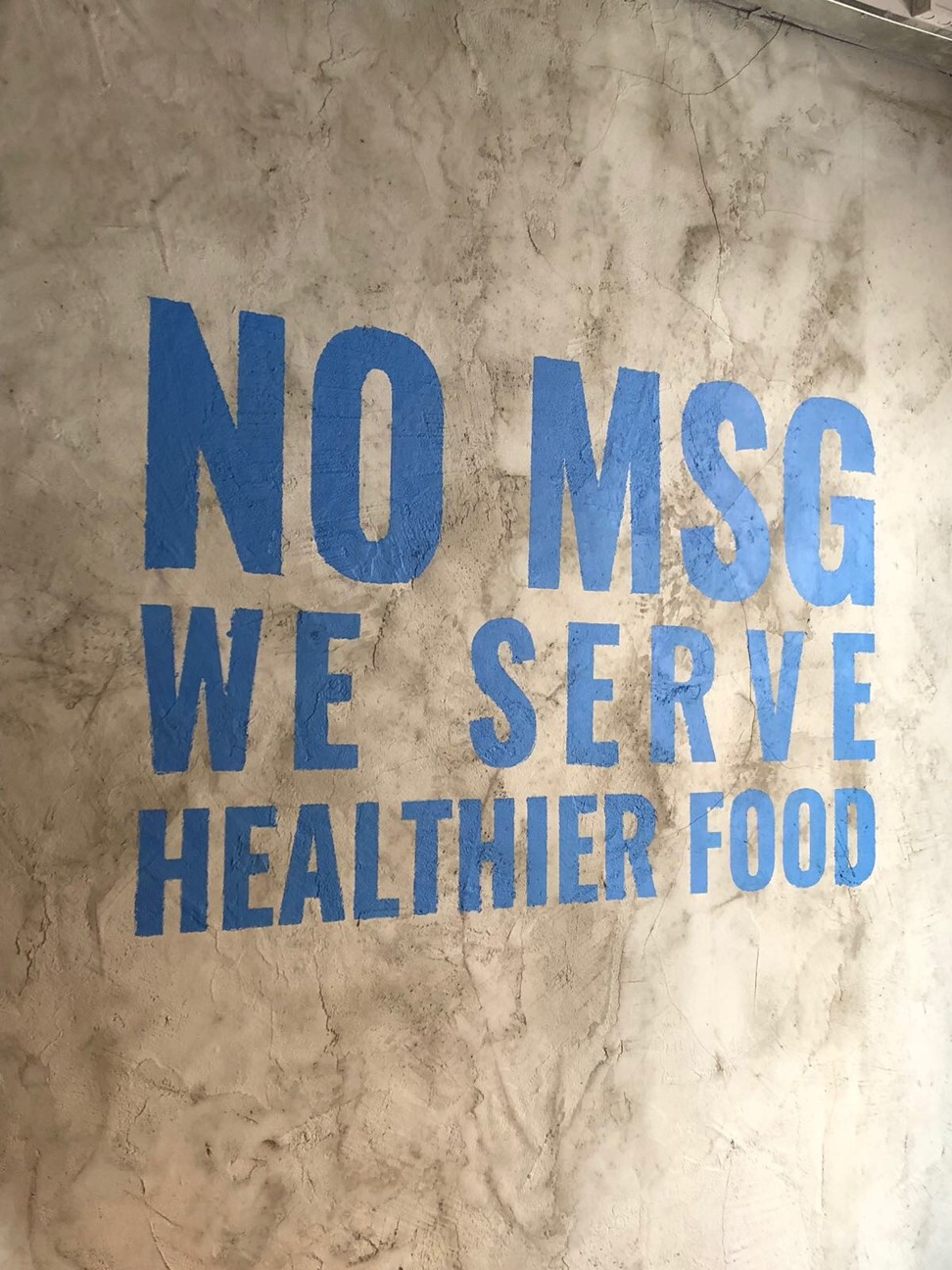
‘Chinese kitchens are dirty and MSG is bad for you’: how racism persists in the West, despite evidence to the contrary
- Peter Kammerer says widespread concern about MSG – despite all evidence – is rooted in distrust of Chinese and shows how easy it is for mistaken ideas to take hold. Racism, like inhibitions about food, is something that has to be unlearned
Only recently did I learn that there is no evidence proving the claim and that the chemical abounds in a lot of food as a taste-enhancer.
He speculated that MSG may have been to blame and his letter, published under the headline “Chinese restaurant syndrome”, quickly attracted an avalanche of similar correspondence that sparked studies concluding that they were right.
The problem was that research back then wasn’t as balanced as now, and participants were often told beforehand which food being tested contained MSG. What is known as the “nocebo” effect kicked in; suggesting to someone that something can cause a negative reaction often induces those self-same physical symptoms, even if they don’t exist. Subsequent research has shown that all but a small number of people who are sensitive to glutamate have no reaction to MSG when not told of its presence.
Unscientific research around the office proved the point; all but a handful of people asked believed MSG should be avoided. A few even insisted that they could detect it in their food and that they suffered ill-effects such as headaches and feeling bloated after eating. The telltale sign was always food that was “too tasty”. Of course, no additive in excess is healthy, even MSG.
But changing thinking isn’t that easy when we grow up believing the opposite. No matter how often my fitness-conscious sons tell me milk, butter and eggs are good for me, I subconsciously still avoid them due to years of being told about the evils of fat and cholesterol. False conclusions aren’t easily corrected by our brain, regardless of how much information to the contrary we feed it. Layer on label-reading in search of particular chemicals and other additives in the name of healthy living, trends such as veganism, culture and the politics of the day, and unfounded prejudices are bound to get into the mix.
Peter Kammerer is a senior writer at the Post


